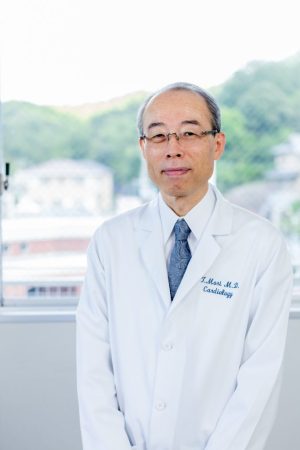To Make Man Whole by the Love
of Christ and Medical Care.
To Make Man Whole by the Love
of Christ and Medical Care.

Since its opening days, Kobe Adventist Hospital has served our community with our mission, to make man whole by the love of Christ and medical care.
We strive to create an environment that promotes healing, health and relaxation. Most importantly, we provide the caring expertise of multiple professions including physicians, nurses and others, so you and your family get the best medical care possible.
“Whole Person Healing” is our medical ministry in Christ’s love, serving the patient as a total unity of body, mind and spirit.
Tsuneharu Mori, M.D.
President, Kobe Adventist Hospital